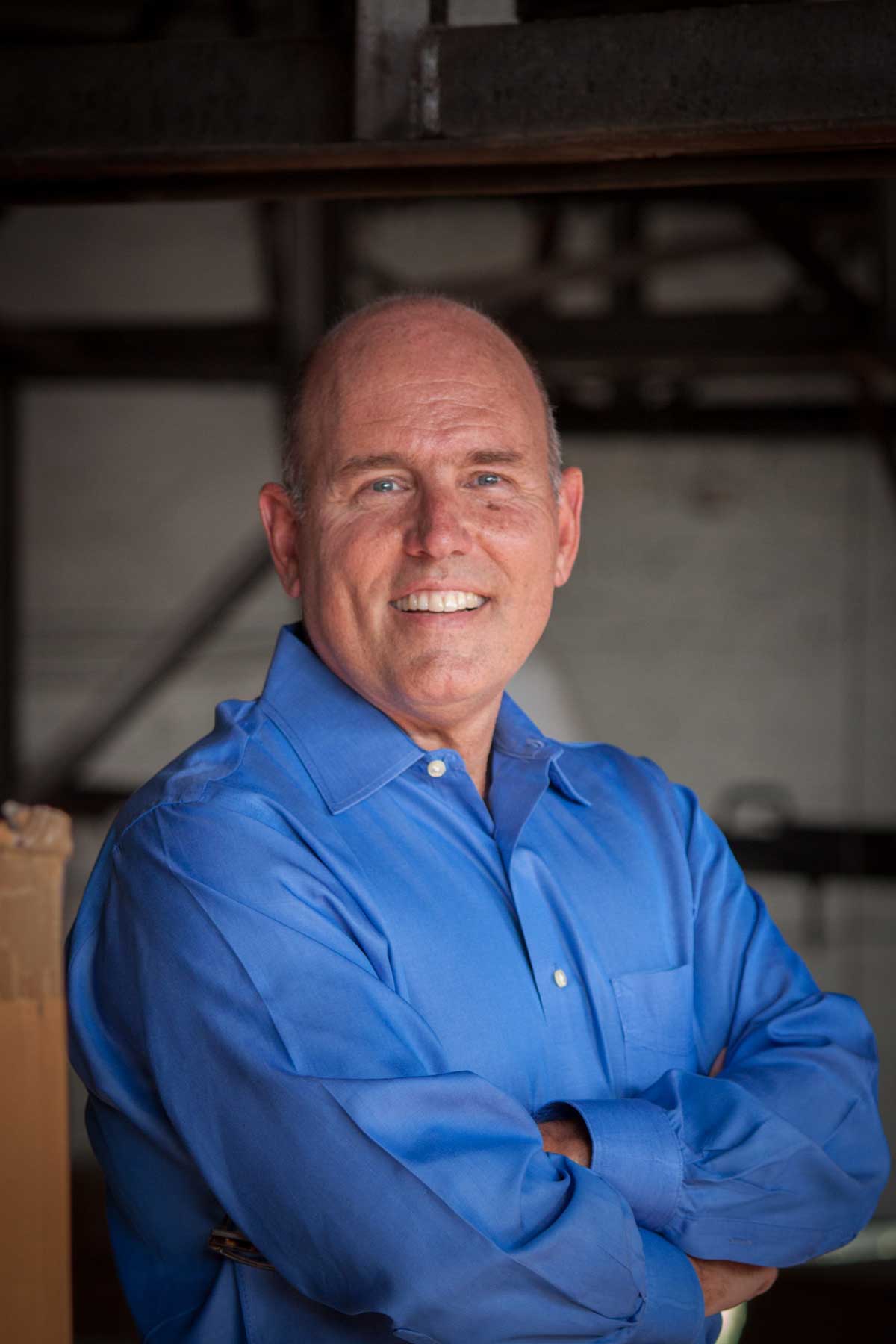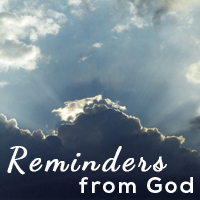 I am J Michael Vinson and I am a lifelong spiritual seeker. I grew up in a religious and faithful family who attended church regularly. I have always looked for ways to discover the Divine presence in all things. At first I was told what this Divine presence was (God). Where it could be found (Church). And how to have a relationship with this Divine being (follow the rules) As I got older I realized that there was more to this God thing than I had been told. The Divine presence could not be contained in a word or name or even a place. The Divine presence seemed to show up in lots of places besides church. In fact, it was often difficult to find what I was beginning to understand as God or the Divine in the church. And following the rules didn’t really seem to be getting me where I had been led to believe I could be or to be the divine, Spirit filled person I felt called to be. Following the rules did not make me more joyful, loving, kind, peaceful and sometimes left me hopeless.
I am J Michael Vinson and I am a lifelong spiritual seeker. I grew up in a religious and faithful family who attended church regularly. I have always looked for ways to discover the Divine presence in all things. At first I was told what this Divine presence was (God). Where it could be found (Church). And how to have a relationship with this Divine being (follow the rules) As I got older I realized that there was more to this God thing than I had been told. The Divine presence could not be contained in a word or name or even a place. The Divine presence seemed to show up in lots of places besides church. In fact, it was often difficult to find what I was beginning to understand as God or the Divine in the church. And following the rules didn’t really seem to be getting me where I had been led to believe I could be or to be the divine, Spirit filled person I felt called to be. Following the rules did not make me more joyful, loving, kind, peaceful and sometimes left me hopeless.
As I began to try and figure out the next steps in my spiritual development, I begin to realize that I was going to need to expand my understanding of this Divine essence that was in me, in the world and this thing called God. It was bigger than words and certainly didn’t fit in a box. I dug deep into my tradition and learned that my understanding of God at the time was based in only a small part of knowledge of my own spiritual tradition. I begin to read about the saints and mystics. I begin seeking the help of a spiritual director who helped me craft spiritual practices based deep in my religious tradition. I learned about different kinds of prayer, different ways to read holy manuscripts, I learned about silence, joy, peace and all kinds of spiritual tools that were at my disposal to help move me along my spiritual path. So, even though I have a seminary degree and meet all the qualifications to pastor a church, I realized that there were other folks who were wanting to develop their spiritual practice based on tools that were not readily available in the traditional church setting. So, I set about to create such a place.
One of the problems I help people deal with is expanding their own understanding of God and to encourage them in seeking their own personal understanding of the divine. I have learned through my experience that what we have been told about the Divine, how the Divine works and what we are supposed to do in order to “please” the Divine is only part of the picture. But what we haven’t been told or encouraged to do is to seek the answer to these questions in the wisdom tradition of our religious tradition. As I begin to move along in my own spiritual journey I found that the wisdom teaching were helpful in developing a richer spiritual life. These wisdom teaching were not a part of my religious education and so I had to go searching on my on. So, although my religious education growing up was helpful it was my exploration of the wisdom of my religious tradition that help develop my spiritual life.
In my work with seekers on the spiritual path we explore things like:
- How to develop a practice that keeps you in touch with the Divine
- How to grow and develop a new understanding of God or the Divine.
- Reconciling old teaching about your relationship with the Divine.
- Understanding your Divine purpose.
- Spiritual tools and how to use them. Spiritual tools are readily available and applicable across spiritual traditions. These tools help you feel safe, feel nurtured and feel empowered to live your spiritual calling.
In my work with faith communities I help discern:
- Next steps in ministry. Faith communities are often frustrated by trying to keep up with latest trends in ministry, worship, education and a whole host of other concerns. Being able to understand who you are as a faith community is the best way to discern next steps in ministry.
- How to come to terms with the past. Faith communities also find themselves stuck in the past because they haven’t done the healing work related to old wounds, often not talked about. Sometimes they have not come to terms with the realities of their membership or community and are trying to carry on the way they have in the past which isn’t working in the present.
- The purpose of a faith community. Often faith communities have many assumptions about their purpose and have never taken the time to discern which of those assumptions are actually helpful in accomplishing the purpose and which ones might be distracting them from being the people they feel called to be at a particular time and in a particular place.
- Ways to develop the leadership to accomplish the purpose. Selecting people for leadership who have the gifts and talents to accomplish the purpose is a critical task of leadership development within faith communities. If leadership is chosen from among folks that don’t understand the purpose or have the skills and gifts to move the purpose forward, the community will suffer.
- A vision for the future to accomplish the purpose. When discerning the future of the church it is important to have a clear vision for where you want to be as a faith community at some point in the near future. To get to this future point steps must be taken that are in alignment with purpose and led by leadership equipped with the skills to move the group forward.
- Ways to strengthen and develop the faith community to accomplish its purpose. It is important to know what it takes to accomplish the purpose. Faith communities that take the time to explore from their deepest wisdom regarding ways to accomplish their purpose are more likely to be successful in attracting a wide range of people and gifts to help accomplish the purpose.
If you are interested in working with me personally or if you would like to talk to me about how your faith community might discern nexts steps in ministry, please contact me.
Connect with J Michael Vinson
- By Phone: (501) 514-1230
- By Email: michael@jmichaelvinson.com
- Connect with J Michael Vinson on LinkedIn

